- Water
Suntory Mizuiku – Education Program for Nature and Water Expands Globally: Stories from Asia
Launched in Japan in 2004, Suntory Mizuiku – Education Program for Nature and Water is a program unique to Suntory and designed for the next generation that has now expanded to Asia and Europe. Activities related to local water issues such as access to safe water and hygiene education are also conducted in various Asian countries. Here, Sachiko Umei of the Sustainability Management Division of Suntory Holdings introduces some activities being conducted in Vietnam, Indonesia and Thailand.
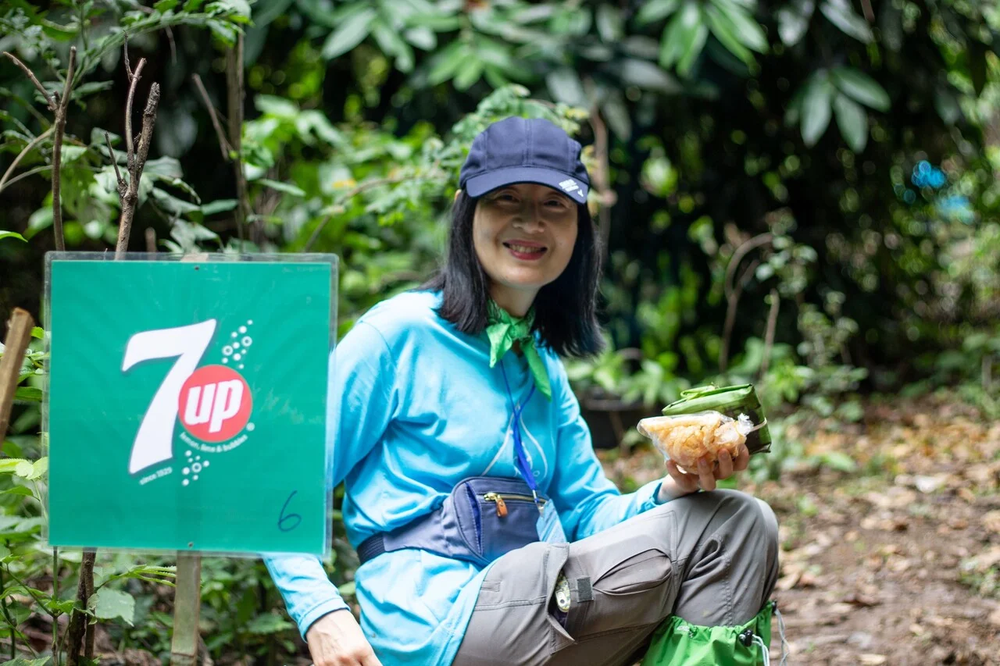
Vietnam: Hygiene Education to Encourage Handwashing
Suntory Mizuiku – Education Program for Nature and Water is a program designed for the next generation to understand the state of nature and importance of water and the forests that nurture the groundwater as well as to think about what they can do to ensure water sustainability. We started the Suntory Mizuiku Program in Vietnam in 2015 as the first Suntory Mizuiku activity overseas. From the start, we were asked to help with local water-related issues, specifically hygiene education including encouraging handwashing. So instead of just transferring the program we had developed in Japan, we felt the need to develop an original program designed for the local circumstances.
As part of this program, we support the installation of handwashing stations and filtration systems for drinking water. Through this, teachers have then taught students about proper handwashing with soap after using the toilet. Looking back now, I’m very happy that we had this opportunity to teach children in Vietnam good handwashing habits before the COVID-19 pandemic.
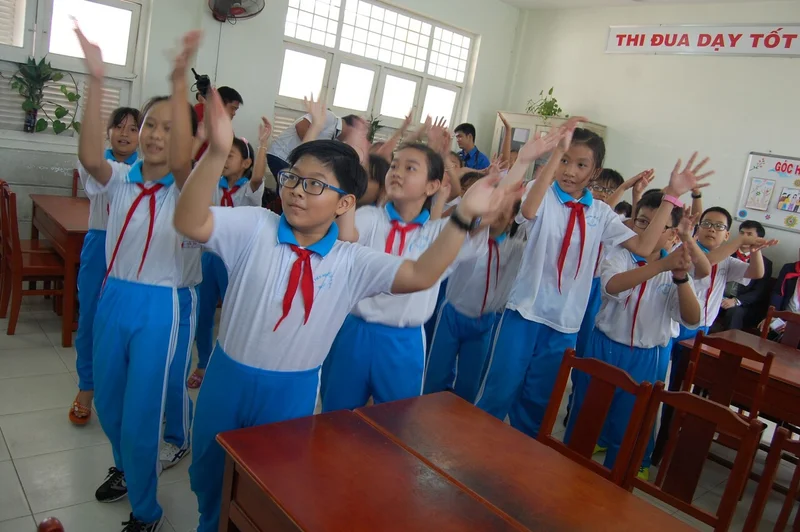
In Vietnam, elementary school students learn good handwashing habits through a dance. In addition to these on-site lessons, we are supporting the installation of water purification systems and handwashing stations as well as restroom renovations.
Indonesia: Water Cycle Education to Help Solve Marine Pollution
We began activities in Indonesia in 2019. Marine pollution caused by plastic waste was an issue in Indonesia. So in on-site lessons for Suntory Mizuiku – Education Program for Nature and Water, we teach children about water cycle, and how plastic waste from littering pollutes rivers and the ocean, and how this water then circulates and comes back to them. Meanwhile, a related issue was the lack of a system for sorting and collecting garbage, so we provided support for installing garbage sorting and collection containers at the elementary schools where lessons were being taught.
Littering of plastic waste is an issue shared by countries in Asia. By teaching students about water cycle in the Suntory Mizuiku Program, the students themselves are taking the lead in stopping littering, and we also received feedback that they were teaching the concepts to their family and friends. It is very impactful.
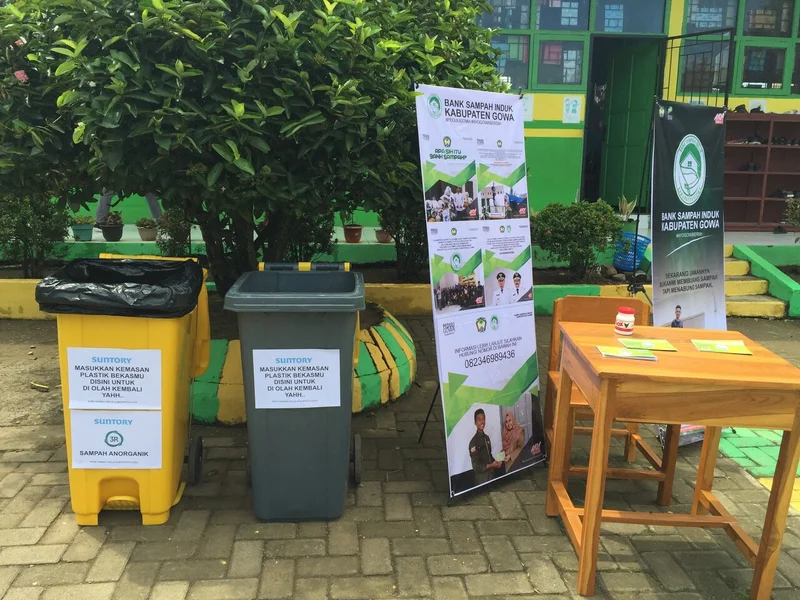
Sorting and collection containers set up in Indonesia with Suntory’s support. In addition, the Mizuiku Teachers’ Guide was also published for elementary school teachers in December 2022.
Thailand: Nature Conservation Activities for Access to Safe Water
In addition to Indonesia, we also began activities in Thailand in 2019. We have conducted a nature school program for elementary school students in Chiang Mai Province in northern Thailand as well as at Suntory Group production plants. We have also engaged in nature conservation activities for the purpose of ensuring access to safe water.
The nature conservation activities involve installing check dams to trap soil that flows into streams in Mae Chaem District, which serves as the watershed for the Ping River, a tributary of the Chao Phraya River, the main river that flows through Thailand. I participated in the hands-on training program for employees together with local Suntory employees, staff from a nature conservation NGO and local villagers and helped install check dams.
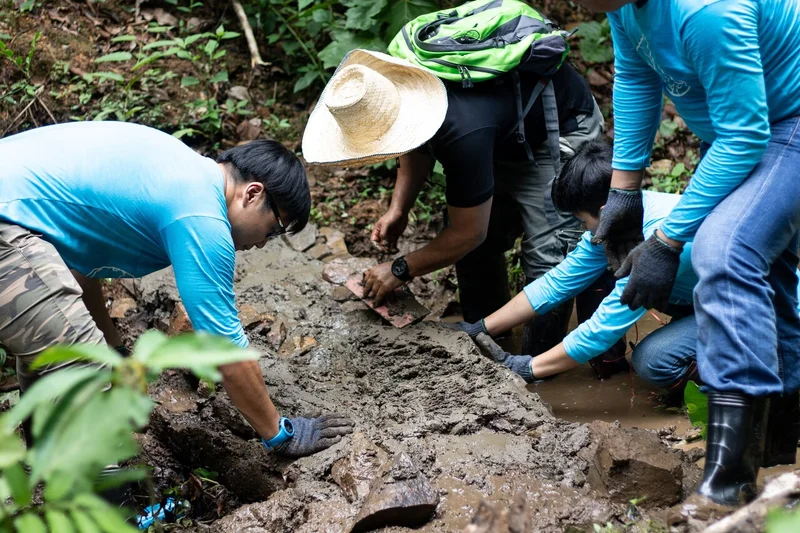
Creating a check dam to block mud from flowing into the Ping River in northern Thailand. Other watershed conservation activities include slowing the flow of streams to prevent soil erosion and tree-planting to prevent soil from flowing into streams.
In a team of five or six people, we piled up trees and large stones in a mountain stream that is about two meters wide and then reinforced this with cement to make a check dam. The process takes about three hours to do by hand. Building these check dams blocks soil and contributes to purifying well water drawn at villages downstream.
The local employees and I were unfamiliar with this kind of work, which is not a part of our normal jobs at offices and plants. But this also made it satisfying to do, and more than anything I was happy to see everyone’s eyes shining as we worked. Going out to a location like this and putting in my own sweat labor with everyone was a deeply gratifying experience.
Through conducting community-based Suntory Mizuiku around the world, I will continue working together with many others to communicate the importance of water while expanding these activities for children and for the future of our Earth.
Latest Stories
-
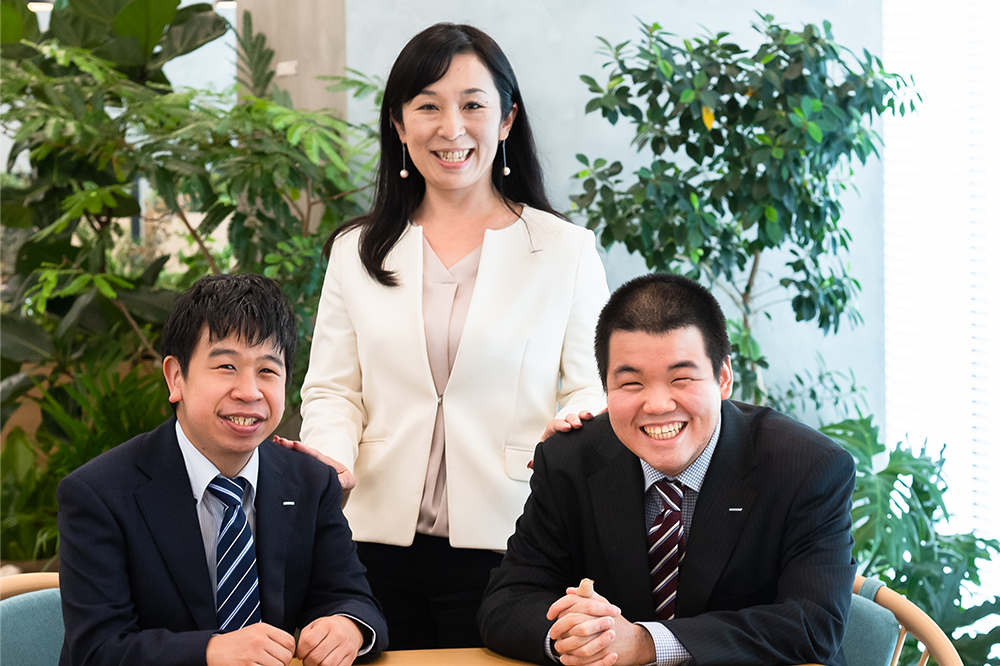
- Human Rights
September 29, 2023
Being the Best Company for Employees with Disabilities to Shine
View More -

- Water
July 31, 2023
Suntory Mizuiku – Education Program for Nature and Water Expands Globally: Stories from Asia
View More -
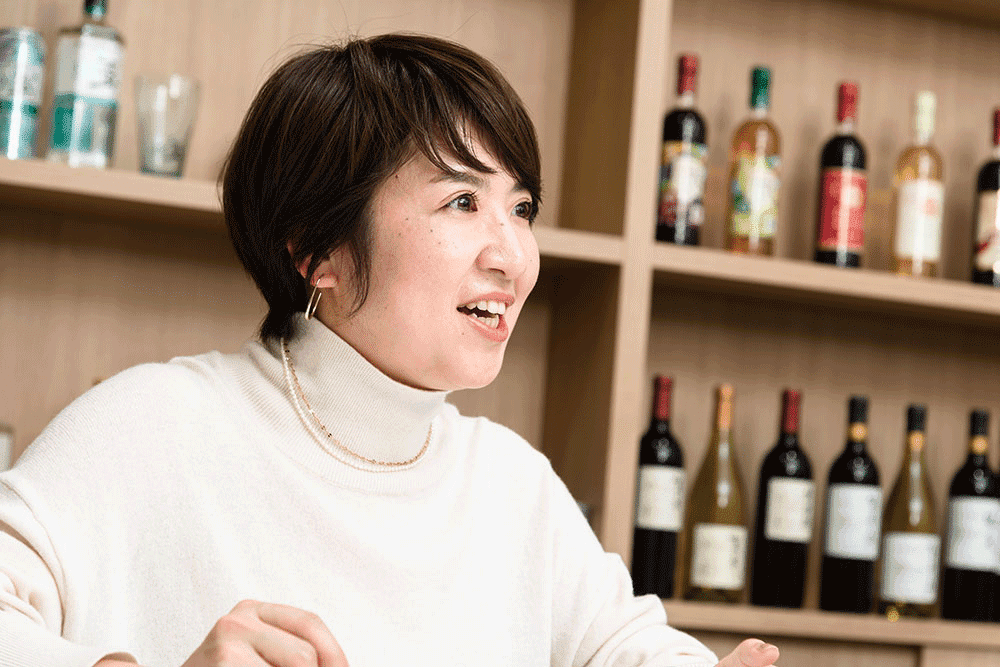
- Health
June 29, 2023
New DRINK SMART Ambassador Program: Internal Certification to Deliver the DRINK SMART Message to More Customers
View More -
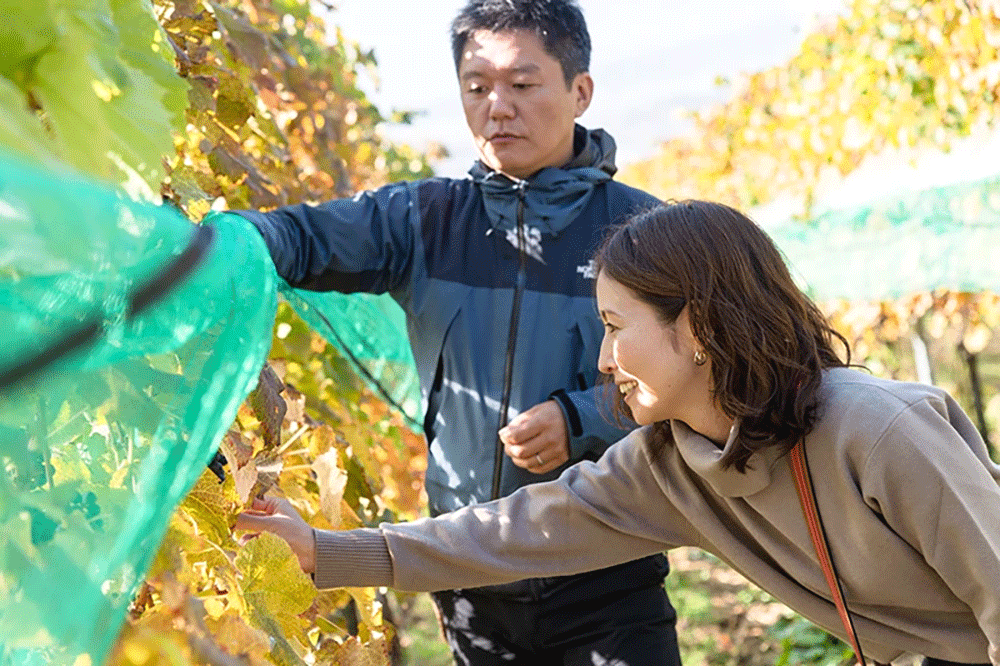
- Raw Materials
- CO2
June 29, 2023
Circular Agriculture Initiatives at Tominooka Winery in Japan (Part 2)
View More -
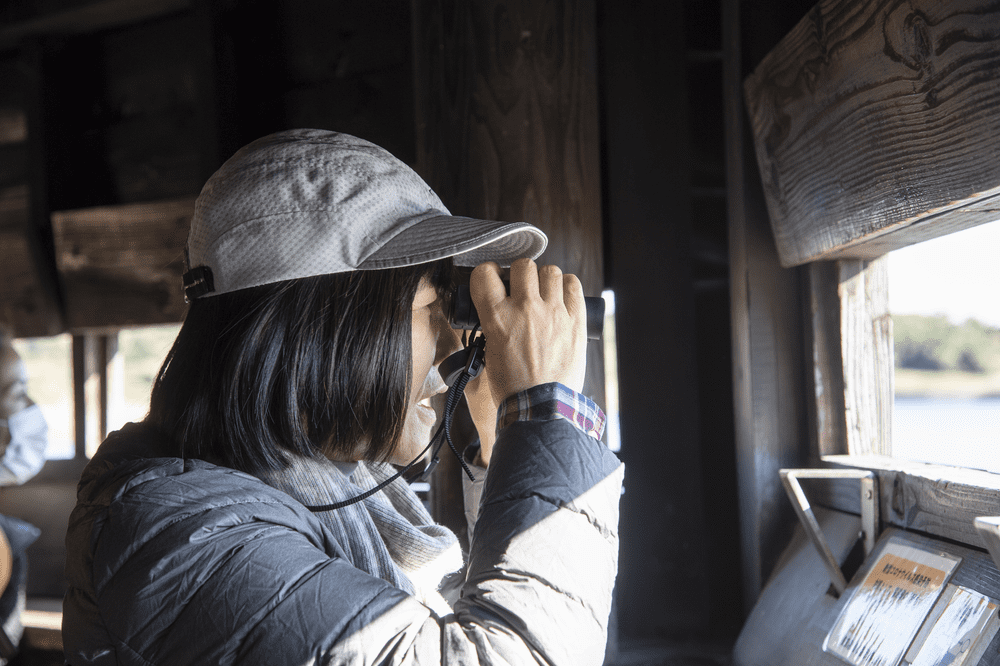
- Biodiversity
May 10, 2023
Suntory Bird Conservation Activities Are Turning 50: A Look at the Past and the Future (Part 2)
View More -
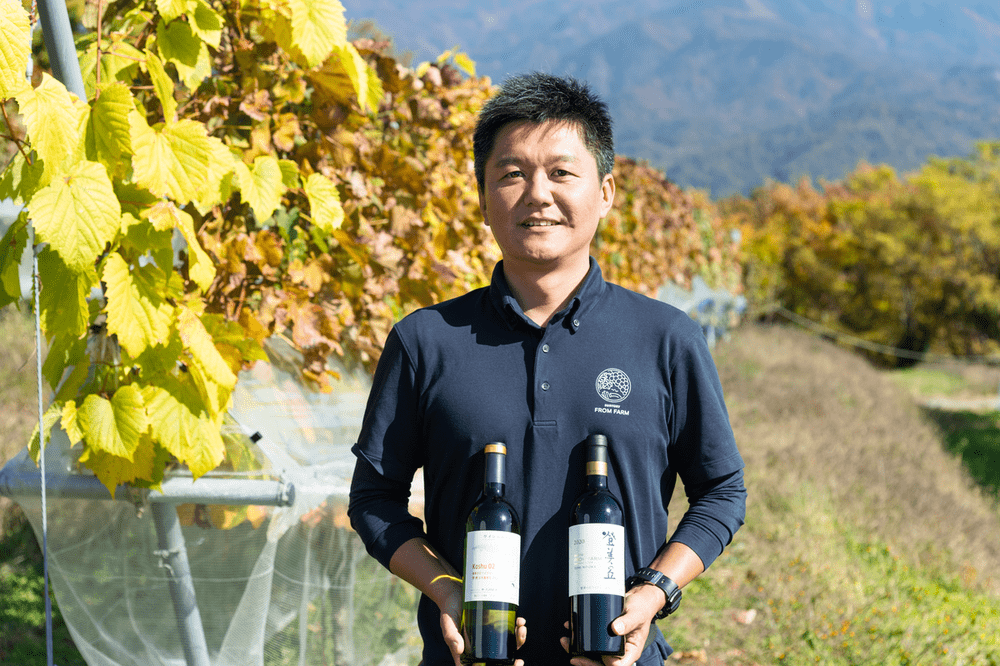
- Raw Materials
- CO2
April 27, 2023
Circular Agriculture Initiatives at Tominooka Winery in Japan (Part 1)
View More -
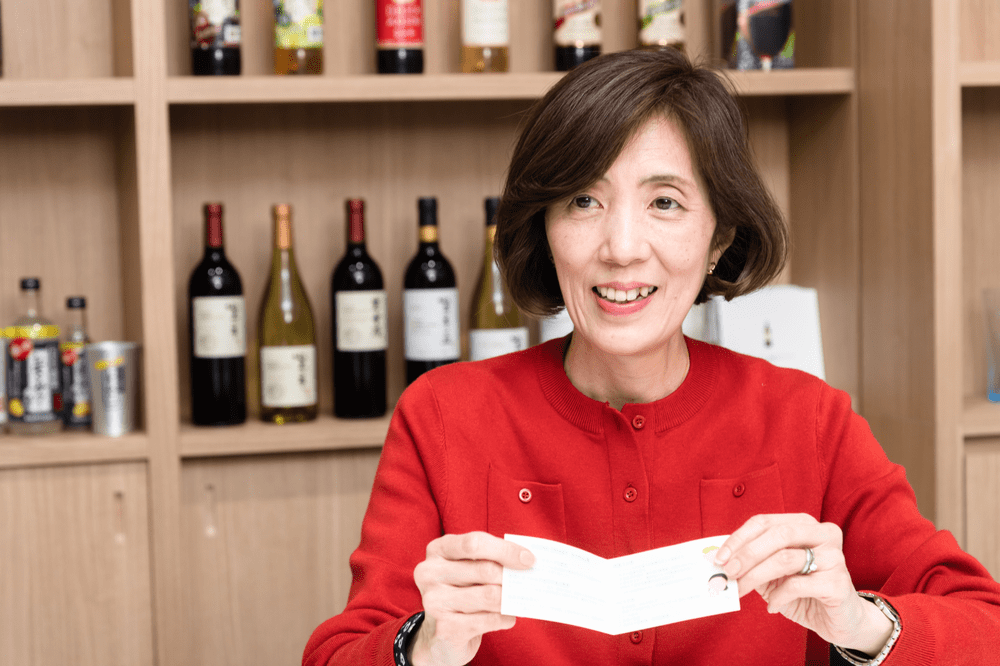
- Health
April 27, 2023
Creating “Friends for Moderate Consumption,” a Campaign Character to Promote Responsible Drinking
View More -
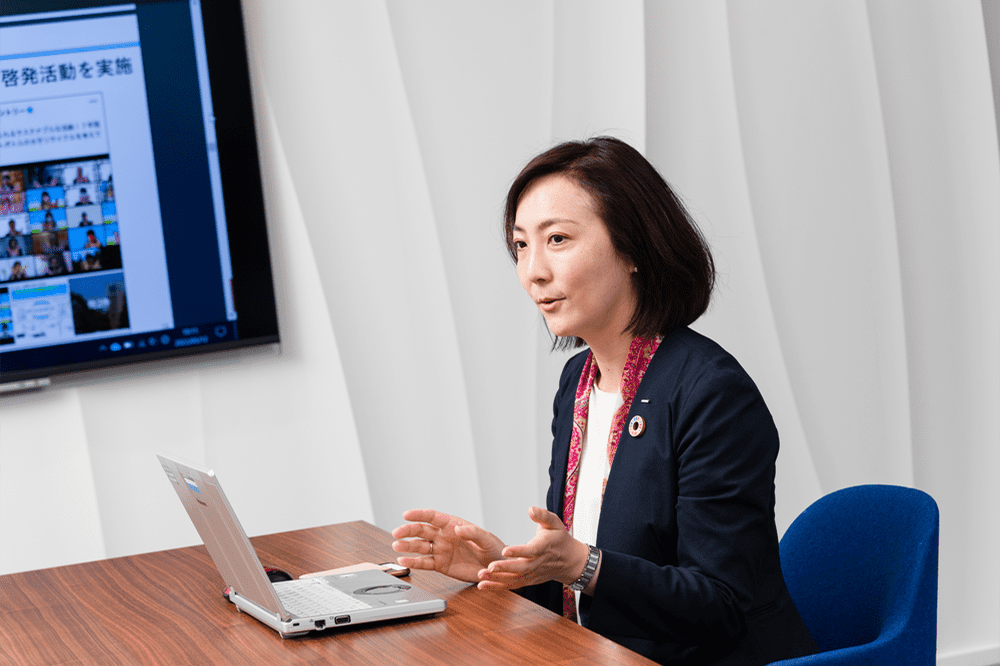
- Packaging
April 27, 2023
B to B Recycling: Creating New PET Bottles from Used Bottles
View More -
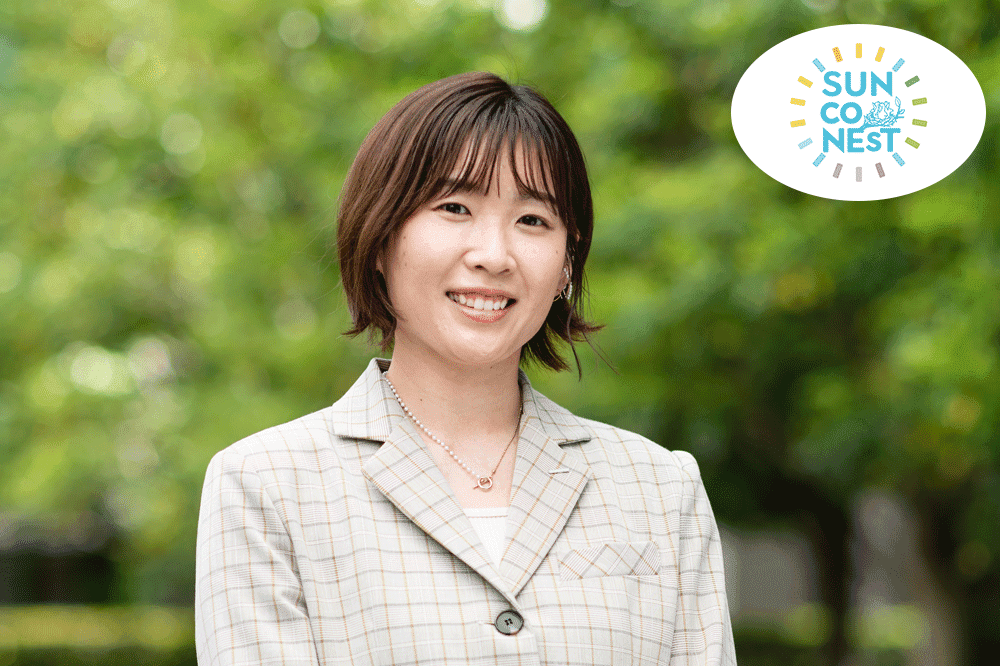
- Human Rights
April 27, 2023
SUN-co-NEsT, An Online Community Aiming to Balance Work and Parenting
View More -
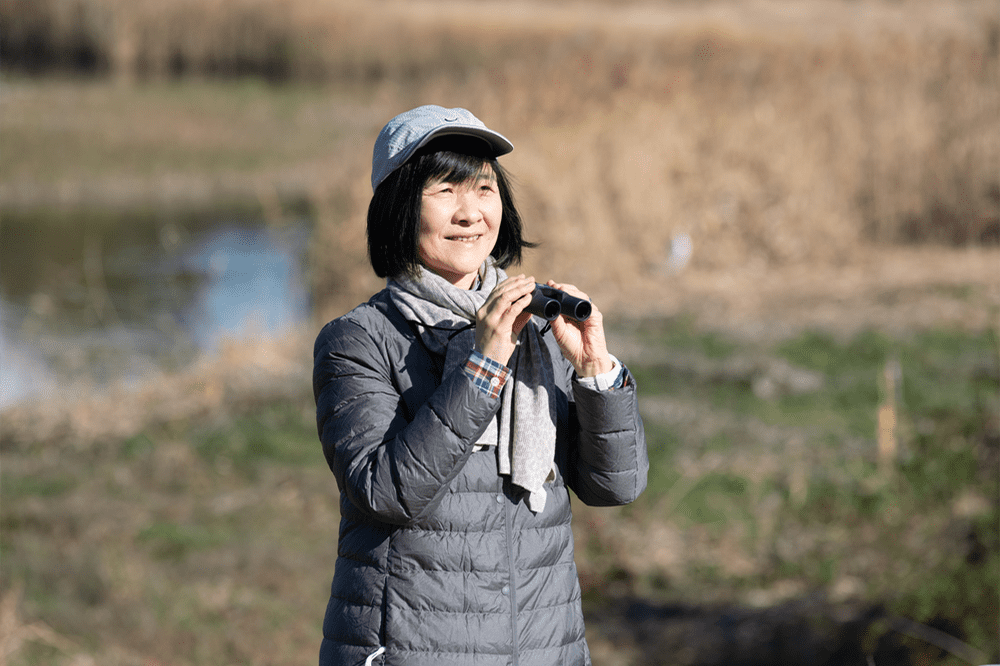
- Biodiversity
April 27, 2023
Suntory Bird Conservation Activities Are Turning 50: A Look at the Past and the Future (Part 1)
View More -
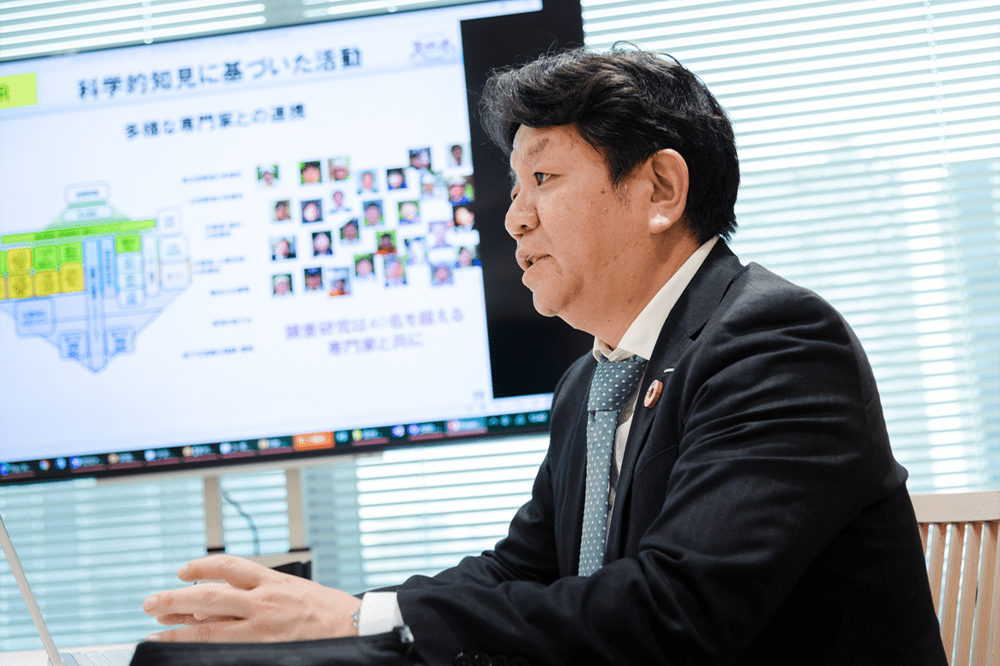
- Water
- Biodiversity
April 27, 2023
Protecting the Forests That Nurture Abundant Water: Suntory Natural Water Sanctuary Initiative
View More